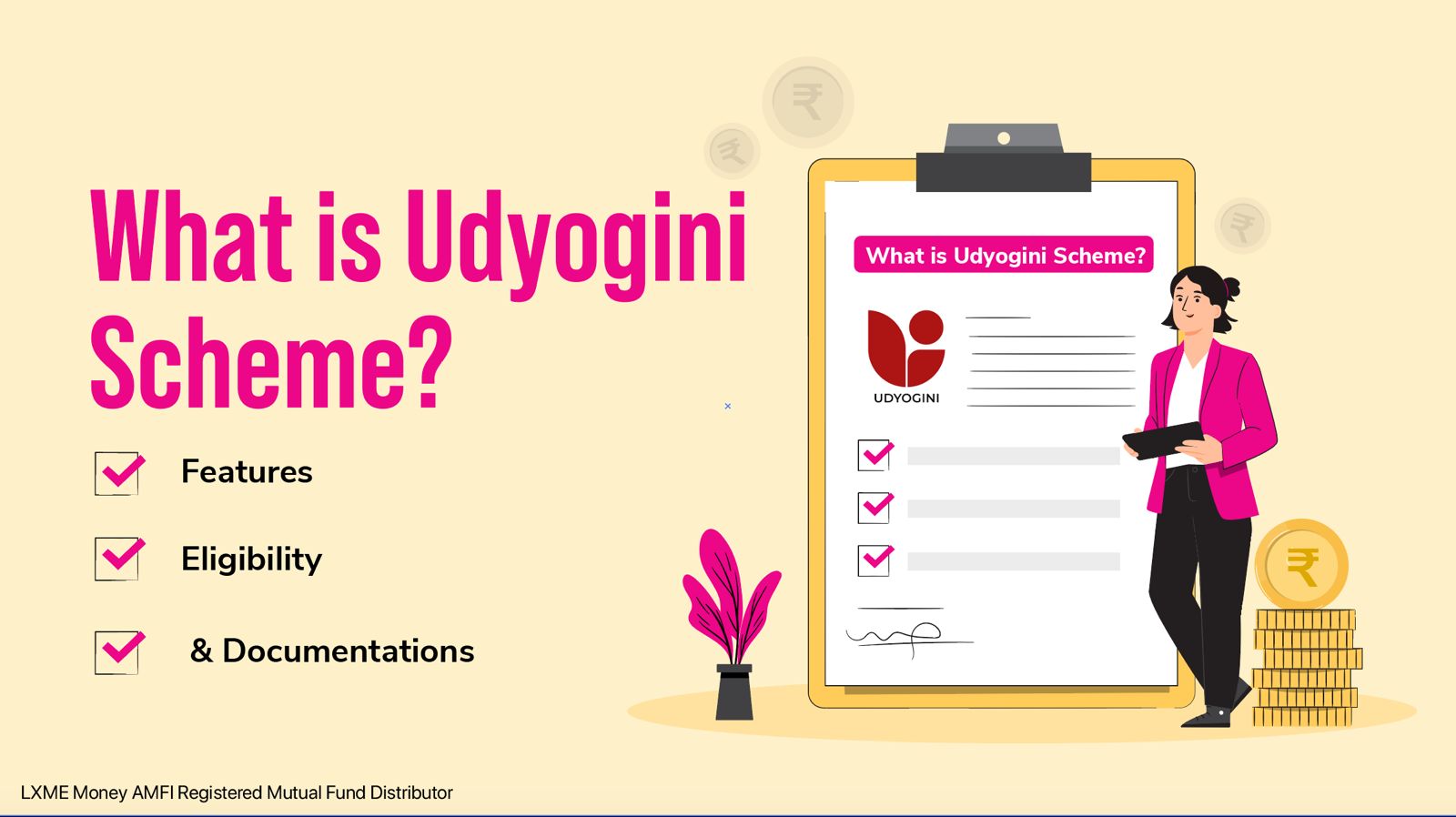Welcome to a transformative journey where your finances take center stage. In our latest blog, we unravel the secrets of financial empowerment, guiding you on how to ‘Make Your Money Work for You.’ Explore practical insights, smart investments, and strategies that pave the way to lasting prosperity. Let’s embark on a path where your money doesn’t just sit idle but actively contributes to your financial well-being.
This is the last post in our five-part series on beginner investing, where we will talk about investment decisions that might make you #facepalm at yourself. If you’ve missed any of the previous posts, click on the links below:
Step 1 where we answer the question ‘why invest?’
Step 2 discusses the best time to start investing.
Step 3 tackles the length of time to remain invested.
Step 4 talks about how to get started.
If you’ve made it this far, you’re already equipped with the basics to help you make good investment decisions. We’ve been talking about what to do, and now it’s time to consider what NOT to do. The investment world has its own share of horror stories, often where people lose money drastically instead of gaining it.
Rather than putting you off the idea of making investments because they’re ‘risky’, these should be treated as cautionary tales that teach you what pitfalls to avoid. Here are some examples of investment decisions you might regret:
INVESTING ALL OF YOUR SAVINGS IN GOLD
Mrs. Bahuguna uses all her savings to buy gold, just as her mother and grandmother did before her. While the price of gold rose after she first started buying it, there have been a few lows over the last 5 years. 10 grams of standard gold cost ₹29,600 in 2013, dropped to ₹26,343.5 in 2015 and reached ₹29,667.5 in 2017. Overall, her investment has barely grown at all.
REWARDING YOURSELF TOO EARLY
When her portfolio crosses ₹10 lakh, Meeta decides to reward herself with designer leather accessories worth ₹4 lakh. She regrets this decision a few months later, while calculating the potential gains from leaving that sum untouched even a few more years. While she still has a sizeable investment, impatience cost her the edge that compounding returns provide over the long term.
‘INVESTING’ IN INSURANCE
An agent convinces Mrs. Arora that an insurance policy is a great investment. With a 12-year term and annual premiums of ₹48,000, she will get ₹5.5 lakhs on maturity. She later discovers that mutual funds would have yielded over ₹9 lakh over the same term. Mrs. Arora has no choice but to wait till she reaches the policy’s minimum surrender value, to avoid losing 70% of her money with an early surrender.
PLAYING IT ‘SAFE’
Ruchi has not made any investments other than putting a small percentage of her salary into a PPF account. She assumes this will be enough to keep her comfortable after retirement. But, Ruchi hasn’t accounted for the fact that PPF rates of return have been decreasing over the years. With inflation on the rise, her retirement savings will barely cover basic expenses for 5-7 years.
Savings accounts, fixed deposits, gold, PPF and other ‘safe’ investments are not powerful enough to beat rising costs of living today. Treating insurance as an investment or pulling money out of your portfolio for non-critical expenses will also make you ‘facepalm’ someday down the line. Be smarter with where you plant your money, so it grows at a pace that’s actually effective!
Share this blog with your friends and family if you find it insightful!!
Download the LXME app now to start investing! Happy Investing!
FAQs Around Make Your Money Work For You
1. What does “make your money work for you” mean?
Investing Wisdom: It implies putting your money into investments that generate returns over time.
Financial Growth: Instead of solely saving, seek opportunities for your money to multiply and grow.
Passive Income: Aim to create streams of passive income through smart financial decisions.
2. How can I make money with my money?
Investing: Explore stocks, bonds, real estate, or mutual funds for potential returns.
Savings Accounts: Opt for high-interest savings accounts to grow your money.
Entrepreneurship: Invest in a side business or startup to generate additional income.
To stay connected with LXME and access inspiring content, follow us on Instagram and subscribe to our YouTube channel.
New Investor? Request a Callback.
Fill in your details and we will guide you at every step
other blogs

Smart Money April 17, 2024
Bear and Bull Market: What’s the Difference?
In bear markets, prices are falling, investor confidence is low and the economy is declining. While, in bull markets, prices are rising, investor confidence is high and there is good economic growth. You must have heard the terms ‘bullish market’ and ‘bearish market’ on the news. But, what do bear and bull market mean? Is … Bear and Bull Market: What’s the Difference?

Smart Money
What is Udyogini Scheme? Features, Eligibility & Documentations
Financial assistance has the power to transform a woman’s life, especially an underprivileged woman. This is why the Women Development Corporation offers a scheme called Udyogini Yojana to provide women with monetary help in setting up their business. What is the PM Udyogini Yojana Scheme? What are some Udyogini Scheme details? Let’s find out! What … What is Udyogini Scheme? Features, Eligibility & Documentations

Smart Money April 11, 2024
Mahila Udyam Nidhi Scheme: Eligibility Criteria, Interest Rate & More
The Mahila Udyam Nidhi Scheme aims to support women’s entrepreneurial ventures. It is an initiative by the Small Industrial Development Bank of India and offers financial assistance to women entrepreneurs at special interest rates. Women have proven that they can do anything they set their minds to. Against all odds, women are setting up their … Mahila Udyam Nidhi Scheme: Eligibility Criteria, Interest Rate & More









